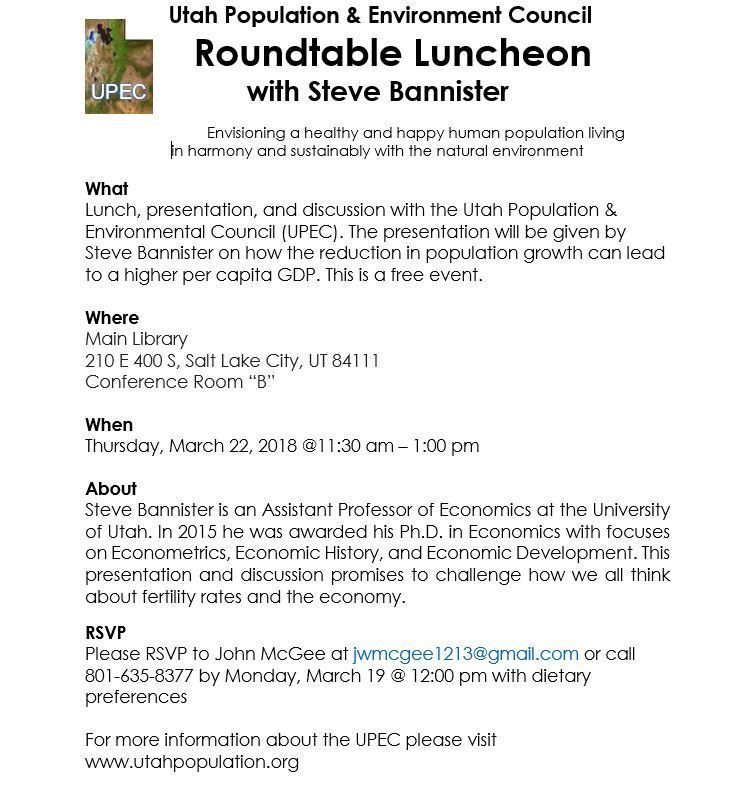Author: Gray Griffin
Sep 20, 2018 ADAIR TURNER |Project Syndicate
Japan’s GDP growth lags most other developed economies, and will likely continue to do so as the population slowly declines. But what matters for human welfare is GDP per capita, and on this front, the country excels.
TOKYO – Nearly everyone says that Japan’s economic model has imploded. Since 1991, growth has averaged just 0.9% versus 4.5% over the previous...
U.S. Birth Rates Are at a 30-Year Low, Despite Economic Growth
By MIKE STOBBE / AP May 17, 2018
(NEW YORK) — U.S. birth rates declined last year for women in their teens, 20s and — surprisingly — their 30s, leading to the fewest babies in 30 years, according to a government report released Thursday.
Experts said several factors may be combining to drive the declines, including shifting attitudes about motherhood and changing immigration patterns.
The provisional...
U.S. Fertility Rates Hit Record Low in 2017
THURSDAY, May 17, 2018 (HealthDay News) — American women continue to wait longer to have children.
Birth rates fell for nearly all age groups of women younger than 40 in 2017, sending overall fertility rates to a record low, U.S. health officials reported Thursday.
The only age group that saw a rise in birth rates: Women in their early 40s.
“This is the third year that the [overall]...
Paul Ehrlich: ‘Collapse of civilisation is a near certainty within decades’
The Guardian By Damian Carrington Thu 22 Mar 2018 07.30 EDT
Fifty years after the publication of his controversial book The Population Bomb, biologist Paul Ehrlich warns overpopulation and over consumption are driving us over the edge.
A shattering collapse of civilisation is a “near certainty” in the next few decades due to humanity’s continuing destruction of the natural world that sustains all...
The Wizard and the Prophet
The Wizard and the Prophet
By DOUG FABRIZIO • FEB 28, 2018
In about 30 years there will be 10 billion people on the planet. Most of them will probably be middle class and want things like cars, homes, and Toblerone bars. How do you provide for that many people? Well, there are basically two answers.
Link on MORE tab: Listen here: http://radiowest.kuer.org/?page=2
Hormonal Male Contraceptive to Enter Clinical Trial
By Jef Akst | The Scientist | December 21, 2017
The gel, which men rub on their upper bodies daily, delivers synthetic progestin to block the testes from producing normal levels of sperm.
A team led by researchers at the National Institute of Child Health and Human Development (NICHD) plans to start a clinical trial of a male contraceptive gel next April, MIT Technology Review reports. The quick-drying,...
